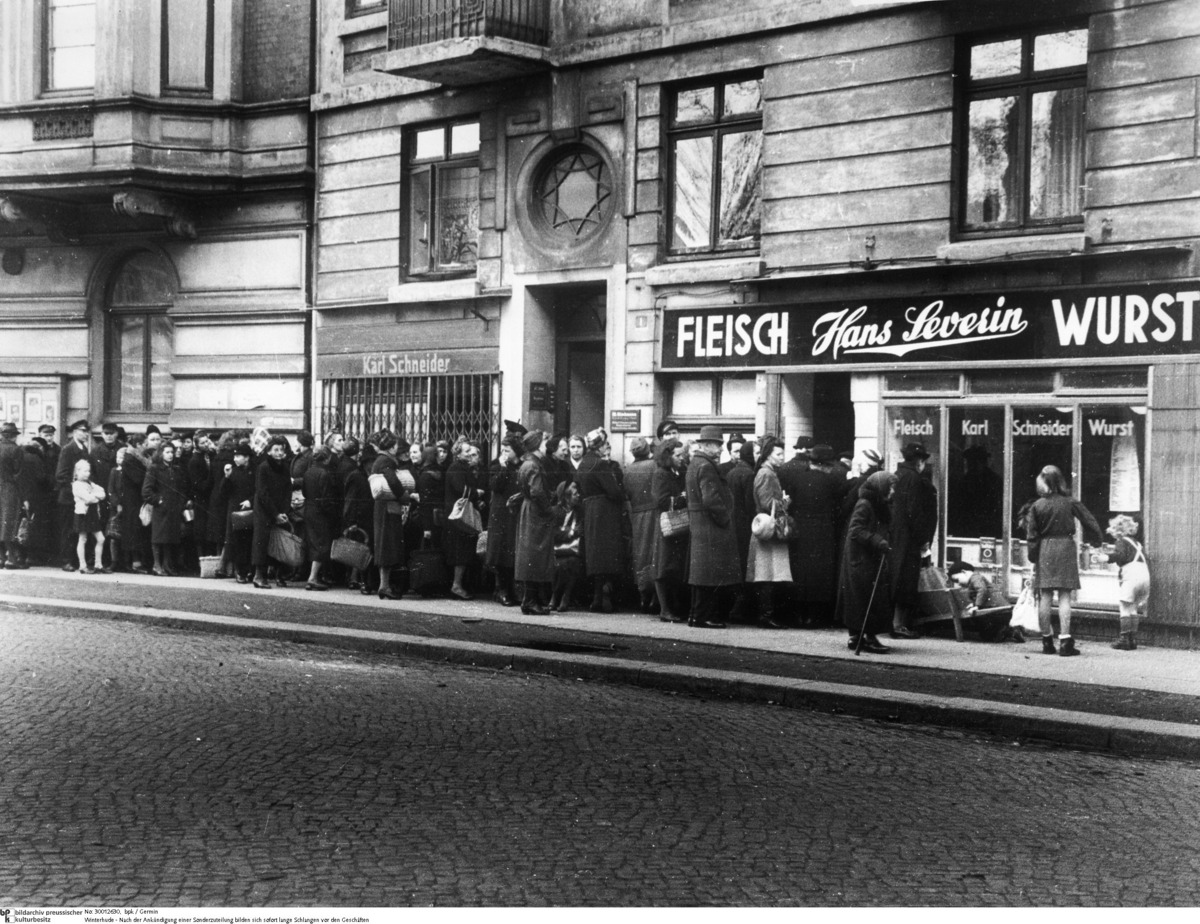Abstract
Hunger, deprivation, cold, and diseases resulting from dietary
deficiencies were part of everyday life in postwar Germany. In Hamburg,
the worst hardship occurred from late 1945 to early 1947. The
authorities fixed daily caloric intake at 1,550 for “normal consumers,”
who were sarcastically referred to as “maximum do-withouters” in the
vernacular. Given the shortage of supplies, official caloric intake in
the British occupation zone – which included Hamburg – was reduced to
1,000 calories per day in late February 1946. It was not until spring
1947 that food rations were increased to ensure a caloric intake of
1,550 per day for the residents of large cities in the British zone. It
was therefore vitally important for the population to find ways to
supplement these meager food rations, whether through black market
purchases or special allocations of food.
